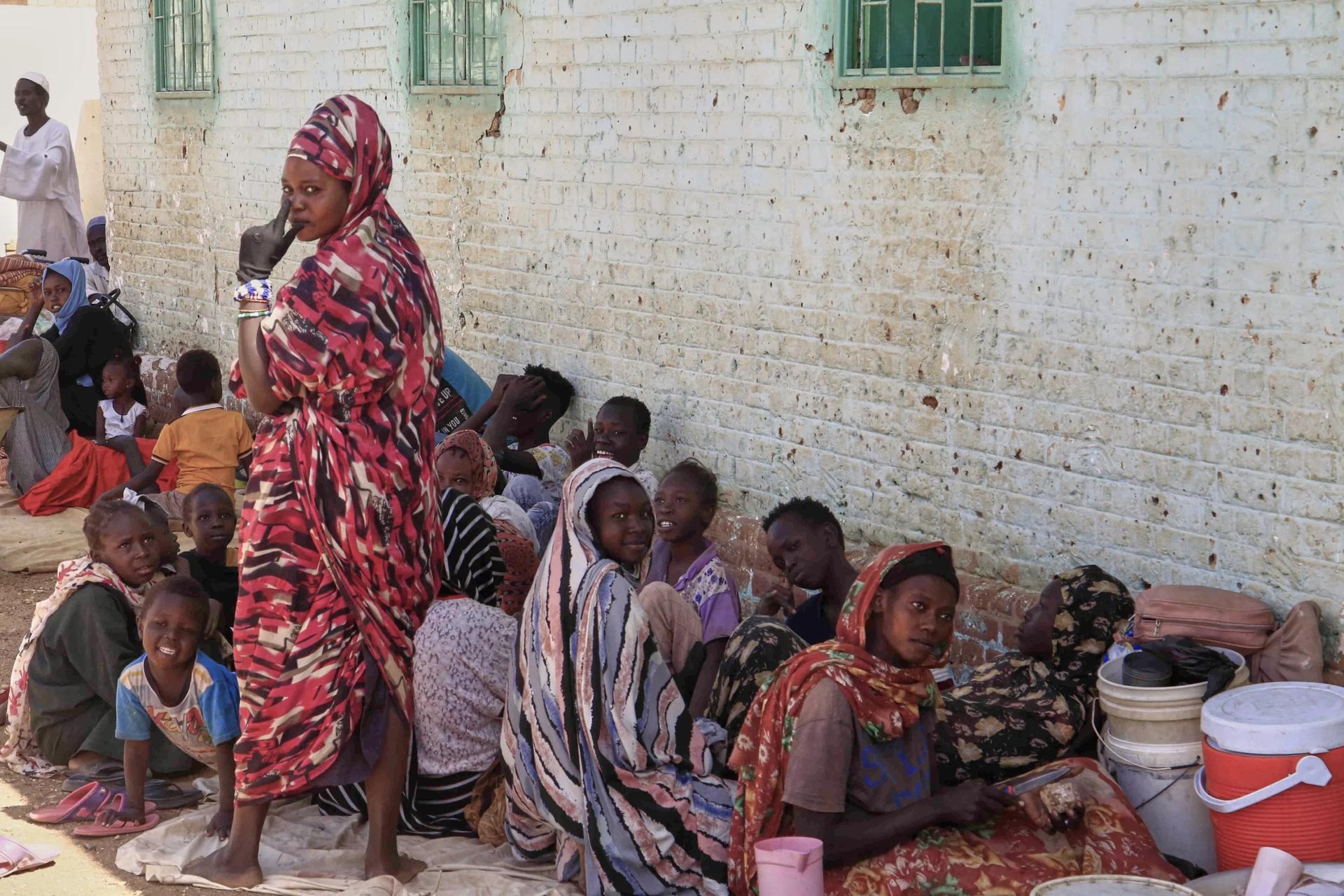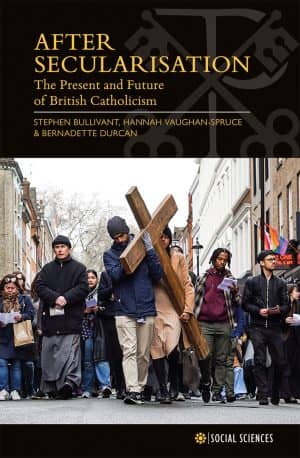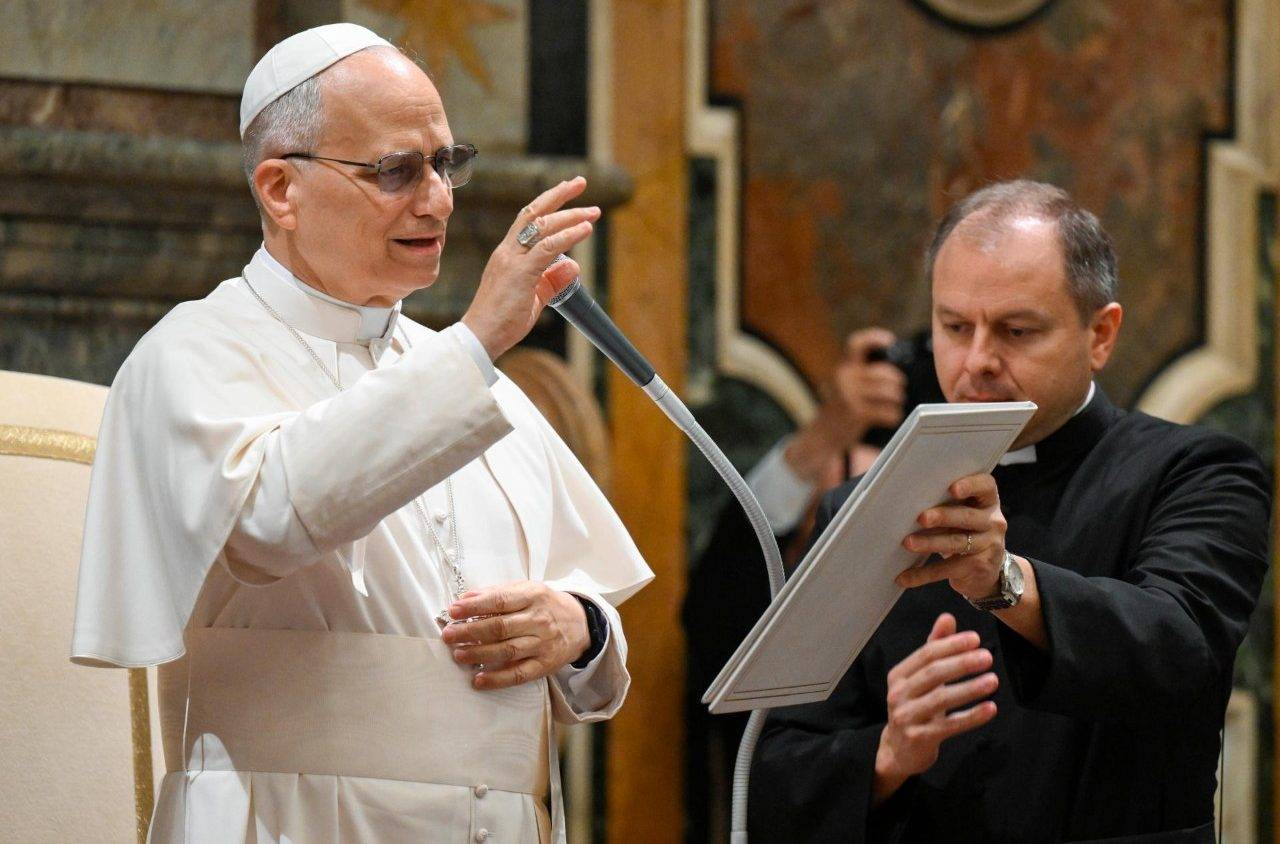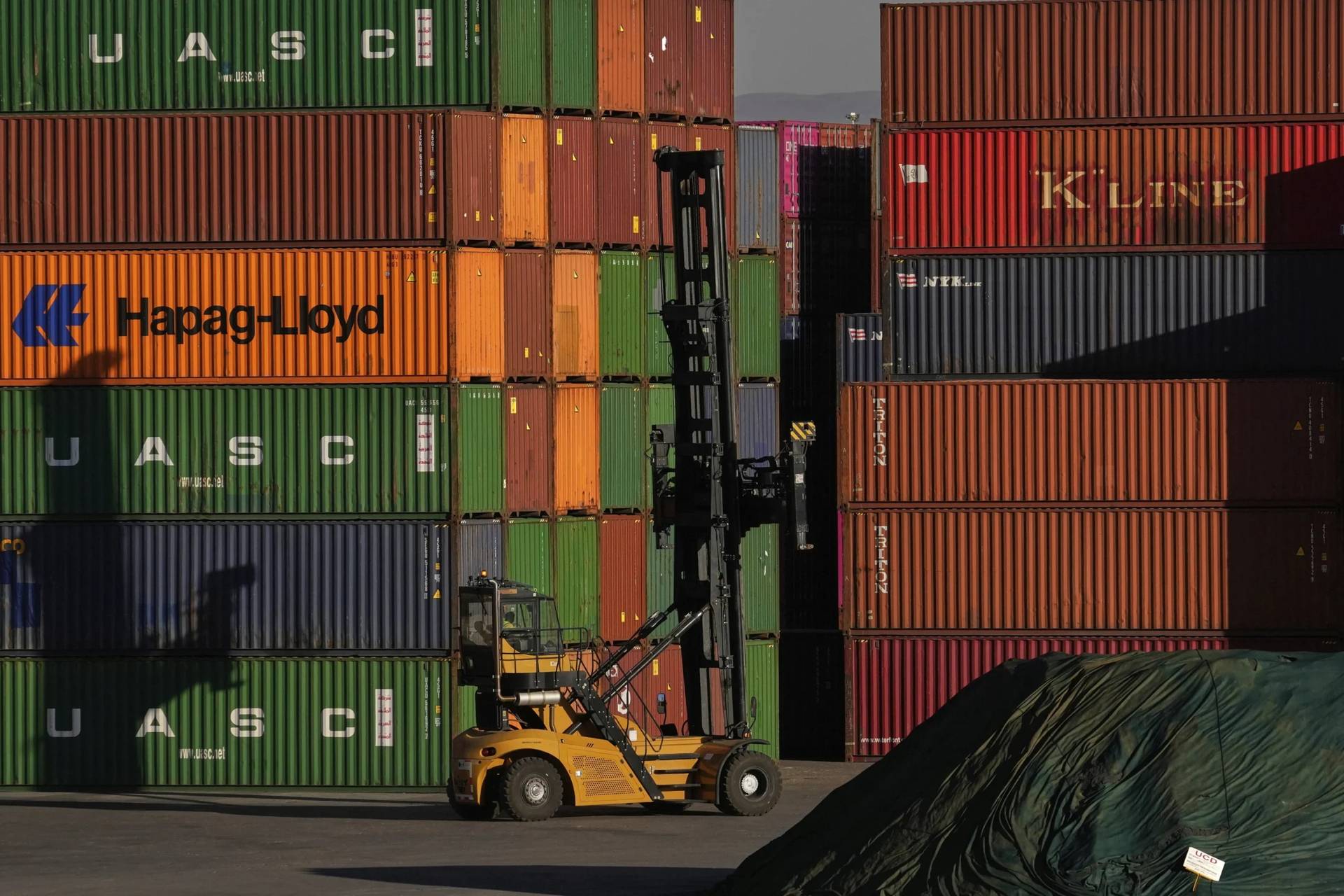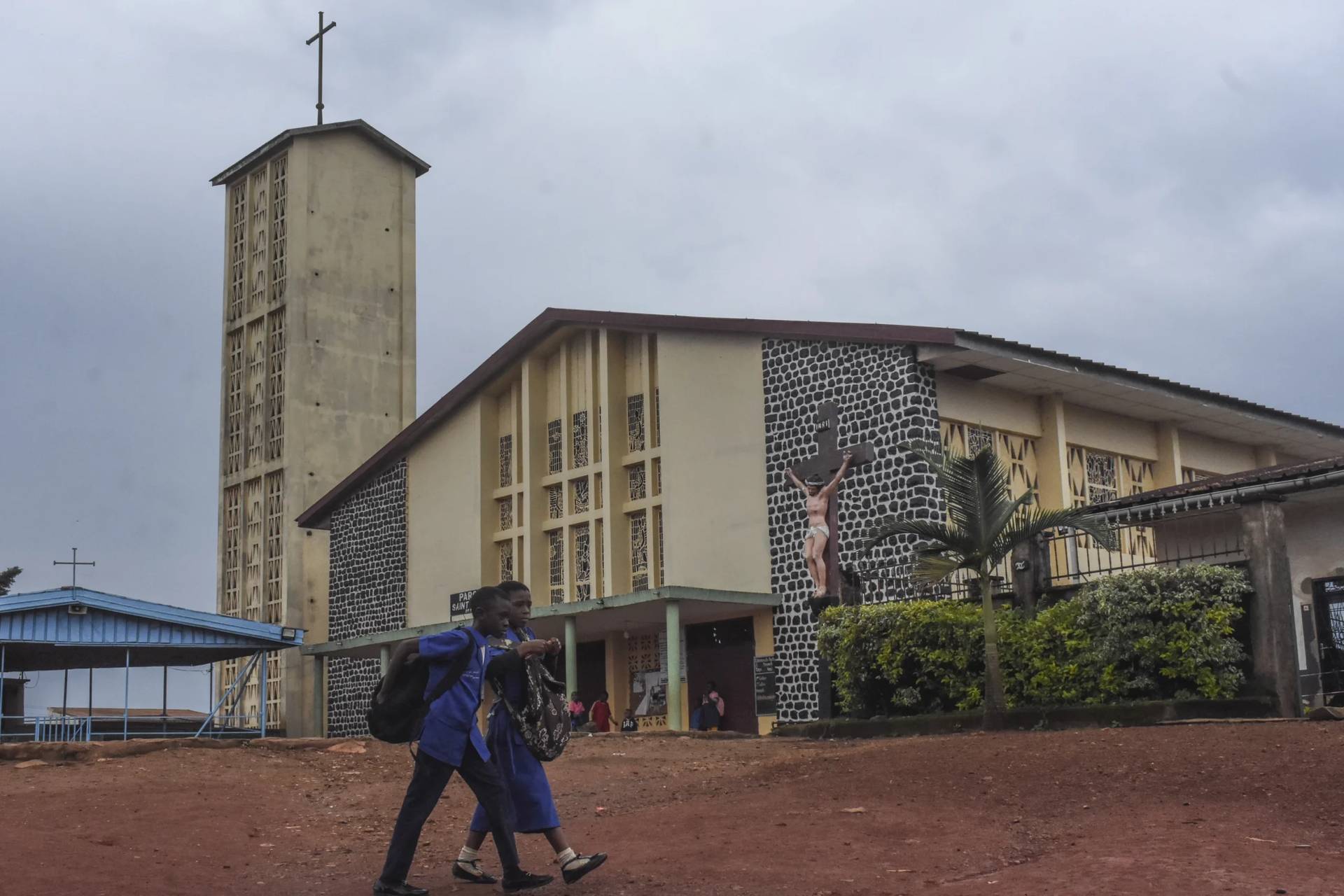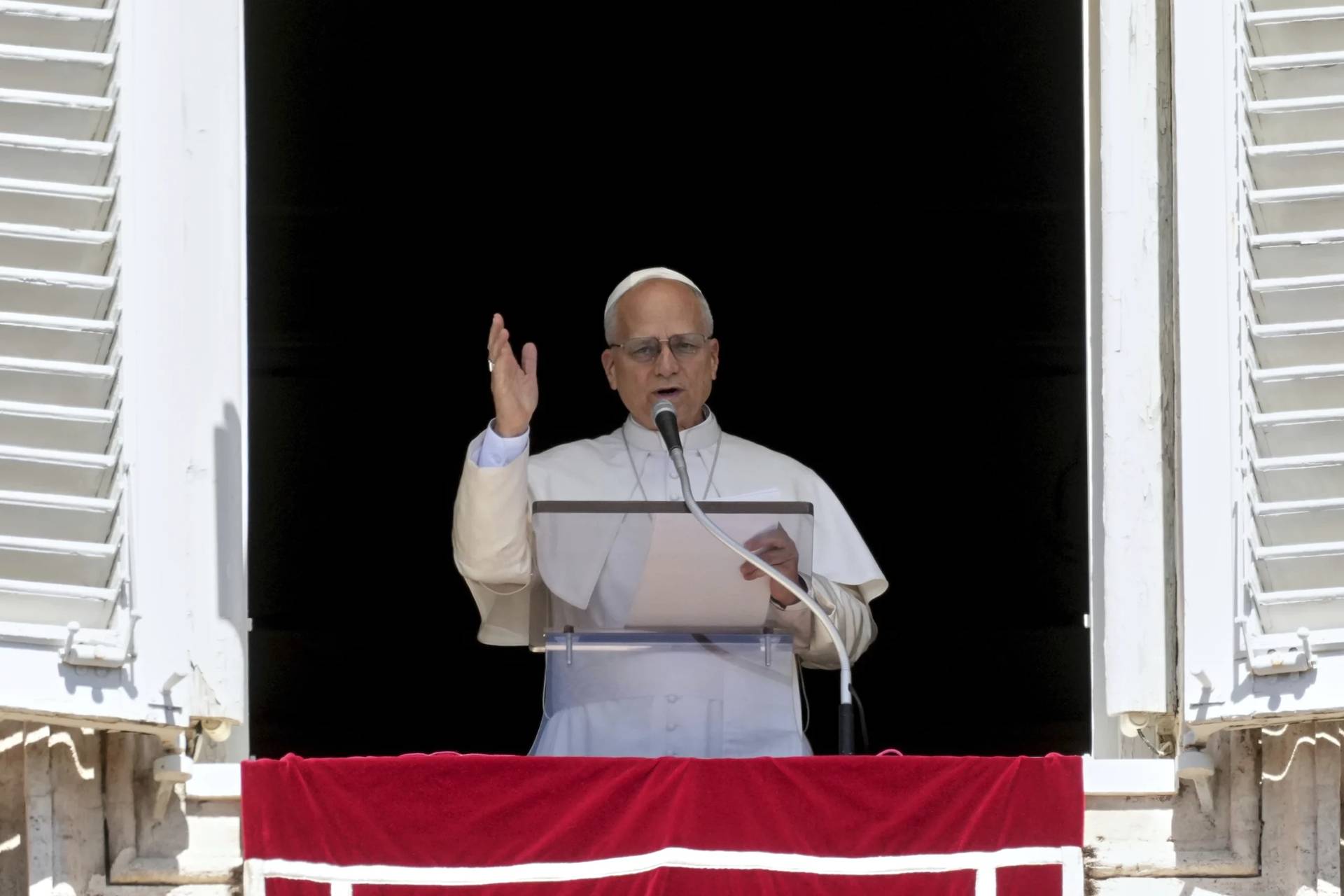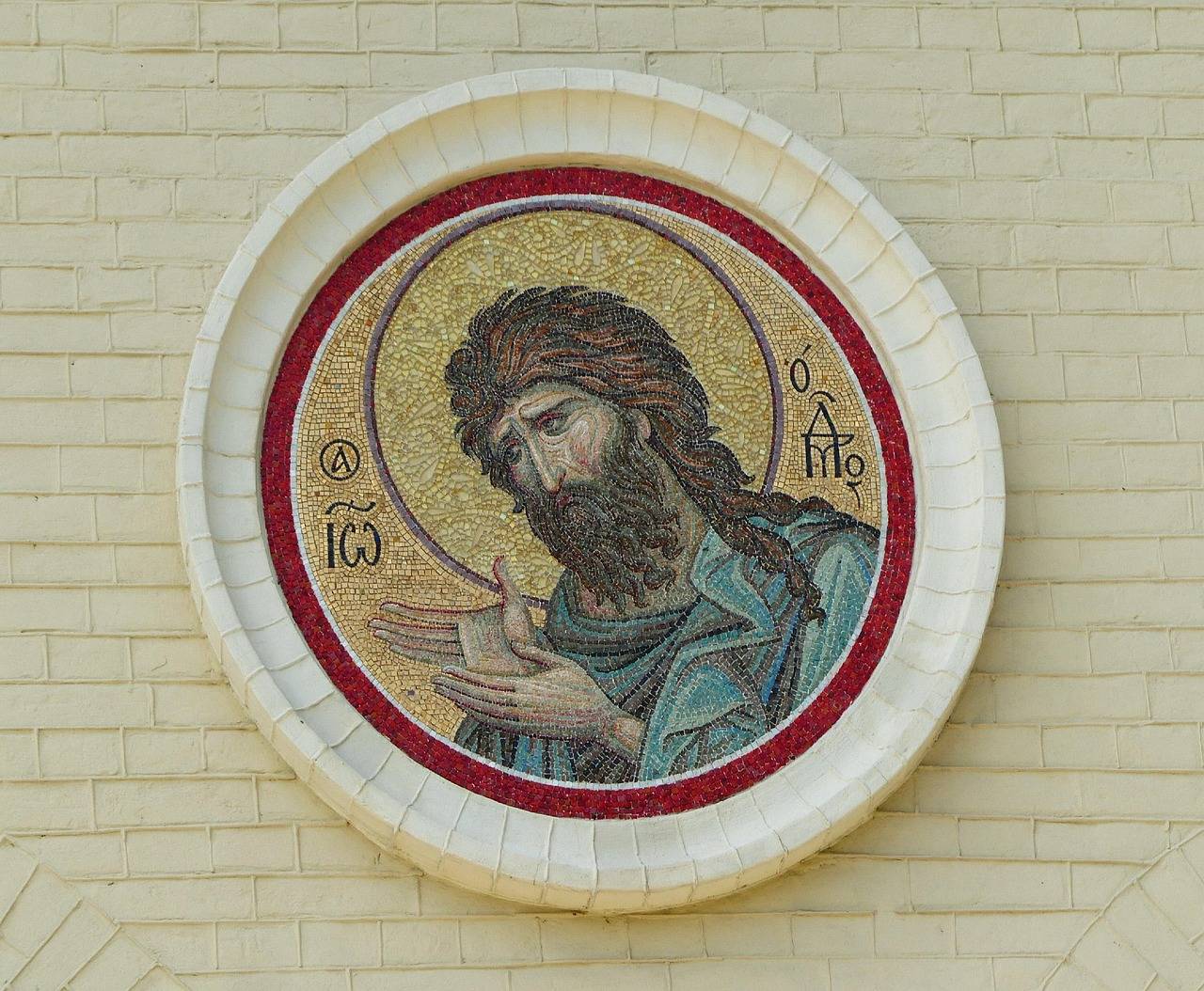YAOUNDÉ, Cameroon – As the war in Sudan gets into its third year, faith organizations are painting a grim picture of a conflict that has resulted in the deaths of a staggering 150,000 people, according to Global Conflict Tracker.
“The situation in Sudan is dire,” said a consortium of Church organizations – namely the ACT Alliance, Caritas Internationalis, World Council of Churches, All Africa Conference of Churches, Association of Member Episcopal Conferences in Eastern Africa, and Caritas Africa.
“Reports indicate that civilians are tragically caught in the crossfire and subjected to targeted killings, as government forces and the Rapid Support Forces accuse them of supporting opposing factions,” explained Father John Gbemboyo, Pastoral and Social Communication Coordinator in the Sudan Catholic Bishops’ Conference, in comments to Crux.
“The Church firmly upholds the sanctity of life. No one has the right to take another person’s life. Therefore, those who aspire to lead the nation must prioritize the protection of all citizens, with particular attention to safeguarding women and children,” he said.
The signatories of the April 15 statement described themselves as Church leaders who “mourn the loss of lives of Sudanese civilians and first responders killed.”
The statement was deliberately released to coincide with the second anniversary of the Sudan conflict that started on April 15, 2023 when a bitter struggle for power erupted between the Sudanese military – led by the country’s de facto ruler, General Abdel Fattah al-Burhan and the paramilitary Rapid Support Forces (RSF) – led by the former warlord General Mohamed Hamdan Dagalo, known as Hemedti – turned violent.
Two years down the line, the consequences have been troubling. At least 14 million people have been displaced in Africa’s third largest country of some 50 million inhabitants. Nearly three million displaced Sudanese have fled to unstable areas in Chad, Ethiopia, and South Sudan, overrunning refugee camps, and worsening the security situation in the already fragile Great Lakes and Sahel regions.
There seems to be no end in sight. As recently as April 13, RSF paramilitaries killed more than 200 civilians in attacks on displacement camps in and around El Fasher.
In the face of the worsening situation, the faith groups are calling for a “concerted strong push for peace talks,” especially with U.S. aid cuts making humanitarian interventions increasingly tenuous.
The statement came just as a Ministerial Conference was being convened in London to bring together major donor governments and states from the region with influence on the fighting parties.
Noting that “Sudan and its people are left in the shadows – a forgotten conflict for many”, the representatives of the faith-based groups said that the international community “cannot continue to turn a blind eye to Sudan. We must act decisively to bring the parties to the negotiation table and work towards a sustainable resolution of the conflict,” the Church leaders said.
“We must make this a watershed moment for concerted action to protect civilians and first responders,” they emphasized.
That concerted action shone through at the London Conference that focused on addressing the humanitarian crisis and seeking solutions to end the ongoing conflict.
The UK pledged £120 million ($160 million) in additional humanitarian aid, while the European Union and member states committed over €522 million ($594 million) to support Sudan and neighboring countries. Sudan’s military factions were not however invited, as they had failed to uphold ceasefires.
These amounts may still pale regarding the needs. The United Nations Office for the Coordination of Humanitarian Affairs (OCHA) says the 2025 Humanitarian Needs Response Plan seeks $4.2 billion to provide lifesaving aid to nearly 21 million of the most vulnerable individuals. However, funding remains critically low, with only 10 percent of the required amount secured so far.
Representatives of the faith-based organizations underscored the need for a diversification of funding channels and sources because these efforts will help ensure that “support reaches local actors, including community-based groups and faith-based organizations, which are on the frontline of life-saving efforts.”
They also called on the international community to foster inclusive dialogue and establish a broader political process capable of tackling the root causes of violence in Sudan. This includes providing support for locally led initiatives aimed at promoting peace and reconciliation.
Furthermore, the faith-based network representatives urged global actors to uphold international human rights and humanitarian laws, ensuring compliance by all involved parties.
Above all, they emphasize the critical need for safe and unhindered humanitarian access to reach those most in need, both within and across Sudan.
Still, the Church will continue to do what it does best to bring respite to the suffering people of Sudan, the faith-based groups noted, saying that their work is “rooted in a long history of solidarity with Sudan, promoting peace, justice and human dignity.”
“Wherever possible, we are also maintaining development programs to ensure future recovery. At the heart of our joint appeal is support to Sudanese civil society and mutual aid actors who are the backbone aiding their communities and constituencies,” they said.
“We affirm the commitment of the churches under the Sudan Council of Churches toward the restoration of peace and stability in the country,” the Church leaders said in their statement.
Gbemboyo told Crux that the Church has a moral obligation to work for peace, and the Catholic Bishops of the Sudan and South Sudan for the last years have issued Pastoral letters calling for immediate end to the devastating war in Sudan and also appealing to the International Community and regional bodies to help end the war in Sudan.
“So the Church believes in peaceful ways in order to safeguard the country of Sudan and the Sudanese people,” the priest told Crux.
